Why Difficult To Ban Single Use Plastic In India?
India is likely to impose a nationwide blanket ban on Single-Use Plastic. Readout all about the matter.
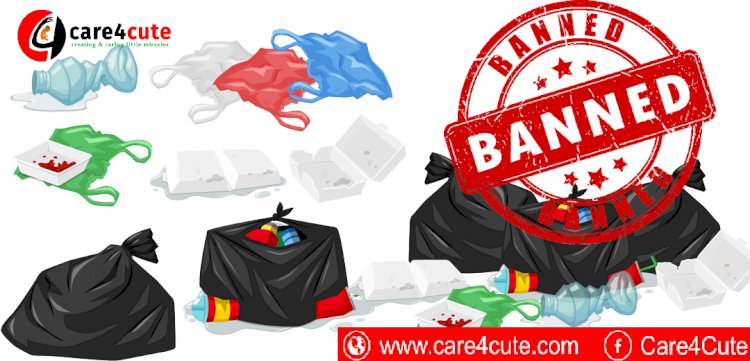
10,000 tones of plastic waste is left uncollected every day
Contemporary, Indian policies regarding the use of single-use plastic has been much in the news, with reports that a blanket ban is in the dispatch. In the content given below, you will get the information related to - What actually are single-use plastics, its harmful effects and why they aren’t banned previously if they are a major environmental threat and ways to avoid single-use plastic from your daily life.
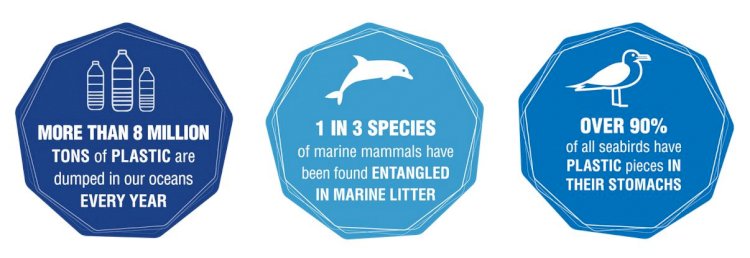
What is single-use plastic?
A single-use plastic, which is often pronounced as disposable plastics, are usually used for packaging items likely to be used only once before they are thrown away or recycled. These single-use plastics include grocery bags, food packaging, bottles, polythene bags, straws, containers, cups, and cutlery. Such plastics are challenging because they are not biodegradable.
“More than 8 million tons of plastic are dumped in our oceans every year.”
Why is it difficult to ban single-use plastics in India?
Well, India has Plastic Waste Management Rules, 2018. One of its key obligations is to have industries that make products that ultimately employ plastic (and generate plastic waste) collect a fixed percentage every year. The State Pollution Control Boards as well as municipalities have the responsibility to ensure that plastic waste is collected and sent to recycling units.
Compared to other countries such as the U.S. and China, right now India has a very low per capita generation of plastic waste as compared to the two countries. However, in real terms, this is quite substantial and nearly 10,000 tones of plastic waste are left uncollected every day.
Studies by organizations like The Energy Resources Institute (TERI) on landfills have found that 10.96% of waste was only plastic and of these, non-recyclable plastics accounted for 9.6%. The difference is because certain kinds of plastic, like PET bottles, are remunerative for rag pickers as they are in demand at recycling facilities.
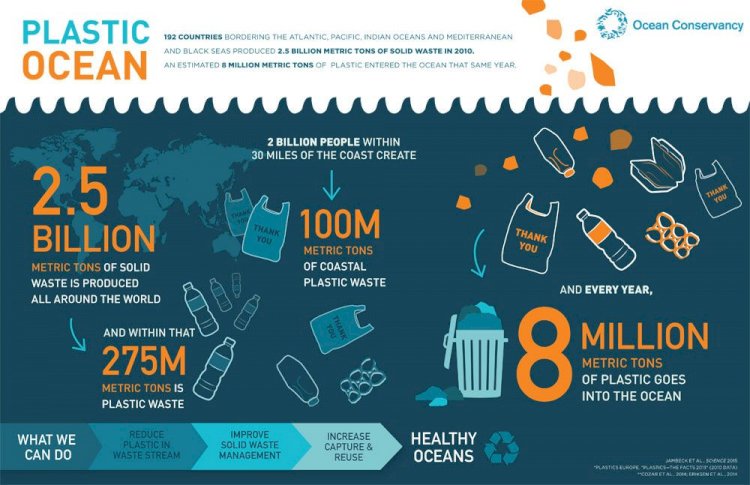
Here are 10 Ways to Rise Above Plastic:
- Try to reuse when it comes to shopping bags and water bottles. People should opt for cloth bags and metal or glass reusable bottles, which are also available in the market at a low price.
- Say no to single-serving packaging, excess packaging, straws, and other "disposable" plastics. Try to carry reusable utensils in your bags, purse or car to use at various stores or take-out restaurants.
- Try to decrease the use of everyday plastics such as sandwich bags and juice cartons by replacing them with a reusable lunch bag/box that includes a thermos.
- Try to use and bring your to-go mug with you to the coffee shop, restaurants, smoothie shop that let you use them, which is a great way to reduce lids, plastic cups and/or plastic-lined cups.
- Try to find out alternatives to the plastic items that you rely on.
- If you must use plastic, try to choose #1 (PETE) or #2 (HDPE), which are the most commonly recycled plastics.
- Avoid plastic bags and polystyrene foam as both have very low recycling rates.
- Support plastic bag bans, polystyrene foam bans, and bottle recycling bills.
- Talk to your family and friends about why it is important to reduce plastic in our lives and the harmful impacts of plastic pollution.

 Sangeeta Jain
Sangeeta Jain 







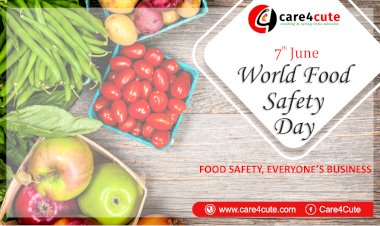
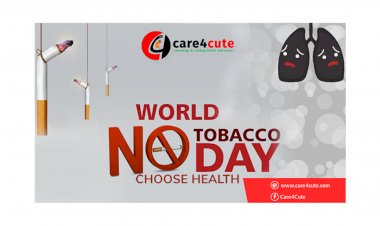


















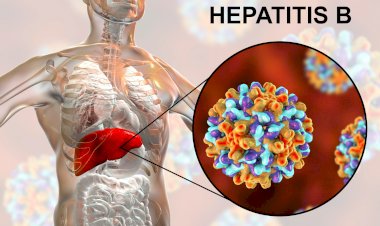



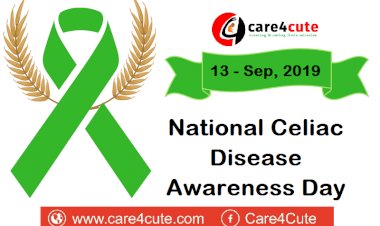




Comments (0)